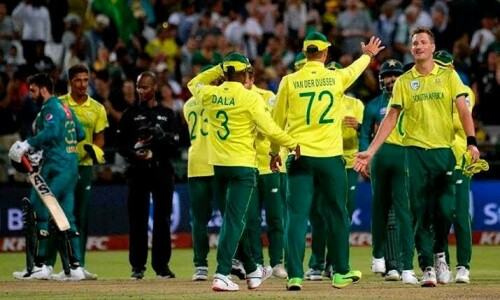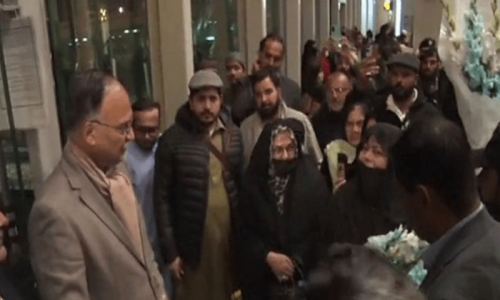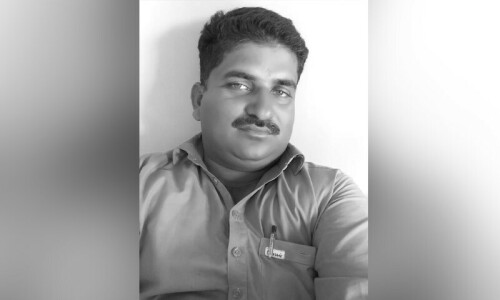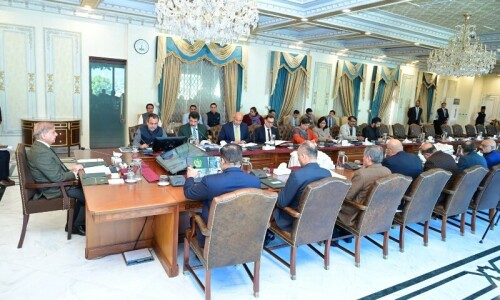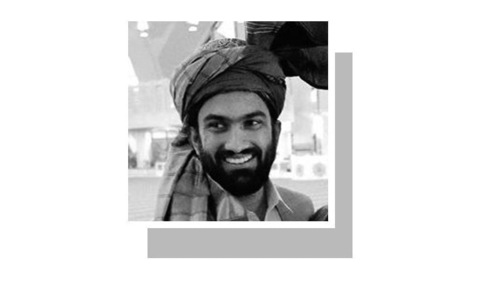SYDNEY: Suspended Indian cricket chief Narayanaswami Srinivasan is expected to be anointed as the new ICC chairman at this week's annual conference in Melbourne which is set to address growing concerns about corruption in the sport.
The Board of Control for Cricket in India has confirmed the 69-year-old industrialist will stand as chairman of the International Cricket Council despite being suspended by India's Supreme Court as the country's cricket chief.
Srinivasan — seen as the most powerful man in world cricket — was among 13 people named in a damning report into corruption allegations in the Indian Premier League.
The IPL Twenty20 competition has been embroiled in allegations of illegal betting and spot-fixing, including against Srinivasan's son-in-law.
Despite the scandal, BCCI secretary Sanjay Patel confirmed Srinivasan would go to Melbourne and was expected to be anointed ICC chairman.
“By the month end, India will take a leading role in the ICC. Mr Srinivasan is going,” Patel was quoted by the Sydney Morning Herald as saying.
“There is no Supreme Court bar on him. Both of us are going to Melbourne. In the last four months we have settled [the issue] with all the full members of the ICC and convinced them about the new structure and the new financial model of the ICC which would be followed in the coming years.“
Srinivasan's likely ascension to the head of the ICC follows controversial changes last February to the governance of the global governing body, which handed the majority of the powers and revenue to the sport's “big three “nations -- India, Australia and England.
Cricket's “bible” Wisden Cricketers' Almanack said international cricket was set for a future of “colonial-style divide and rule”.
“Cricket is appallingly administered, and is vulnerable to economic exploitation by the country (India) powerful enough to exploit it and the two countries (Australia and England) prepared to lend their plans credibility, “Wisden said.
Code of ethics
With its massive TV audiences, India generates almost 70 percent of the game's revenues and several Test nations are heavily dependent on its largesse.
Also on the ICC conference agenda is a code of ethics for the executive board, which is expected to be approved by its members to provide the framework under which the new regime will operate.
“The key change to the code will be to assert that executive board members are at meetings not as independent directors of the ICC but as representatives of their home boards,” Cricinfo said.
“(It's) a distinction that takes the game's global governing body back to the status of a 'members organisation' as its most powerful delegates, India and England, prefer it to be. “There will also be an update at the conference by former senior British police officer Ronnie Flanagan, the chairman of the Anti-Corruption and Security Unit (ACSU), amid reports the unit is to be reviewed by the “big three” -- Australia, England and India.
Reports said the ACSU, which does not have the powers of a law-enforcement agency, would be the first “victim” of the restructuring of the ICC.
During its 14 years in existence, the ACSU -- reported to cost $5.5 million a year to run -- has not been directly responsible for uncovering a major case of corruption at a time when cricket has been trying to combat the threat to its integrity posed by match and spot-fixing.
Former Bangladesh captain Mohammad Ashraful and ex-New Zealand batsman Lou Vincent were this month handed lengthy bans from all forms of cricket for their roles in a Twenty20 match-fixing scandal.
ICC chief executive Dave Richardson said an inquiry into corruption was in its final stages.


